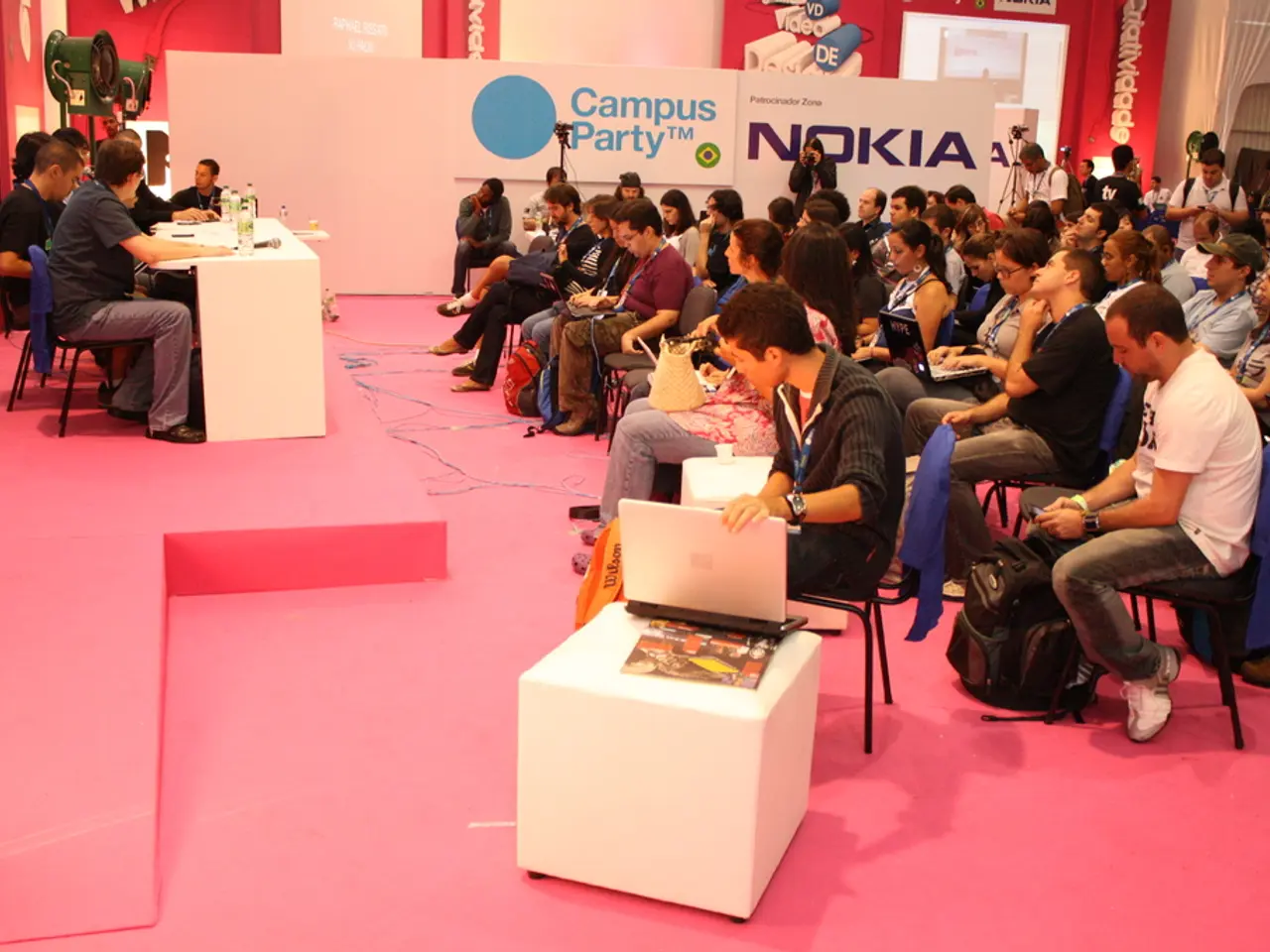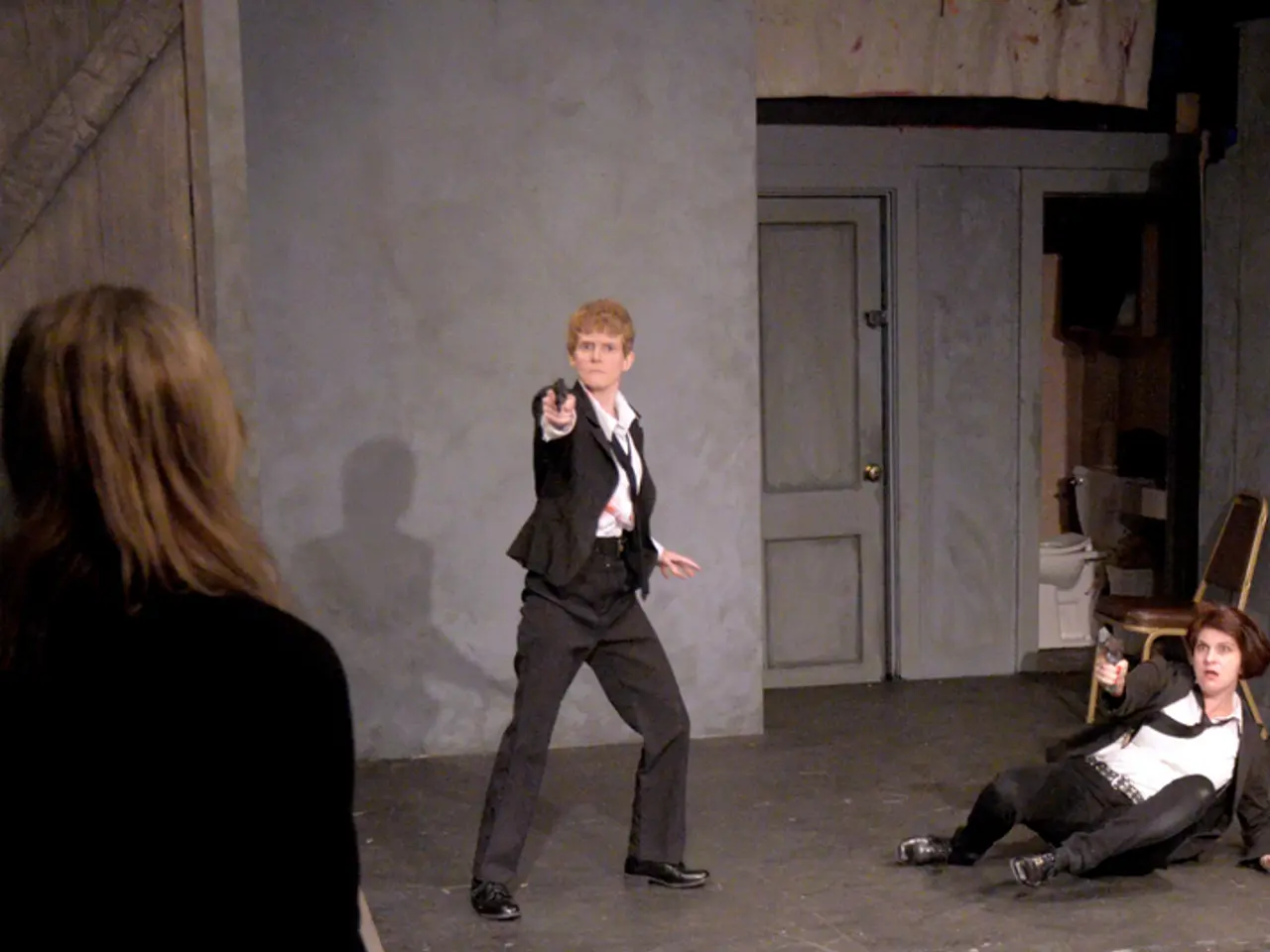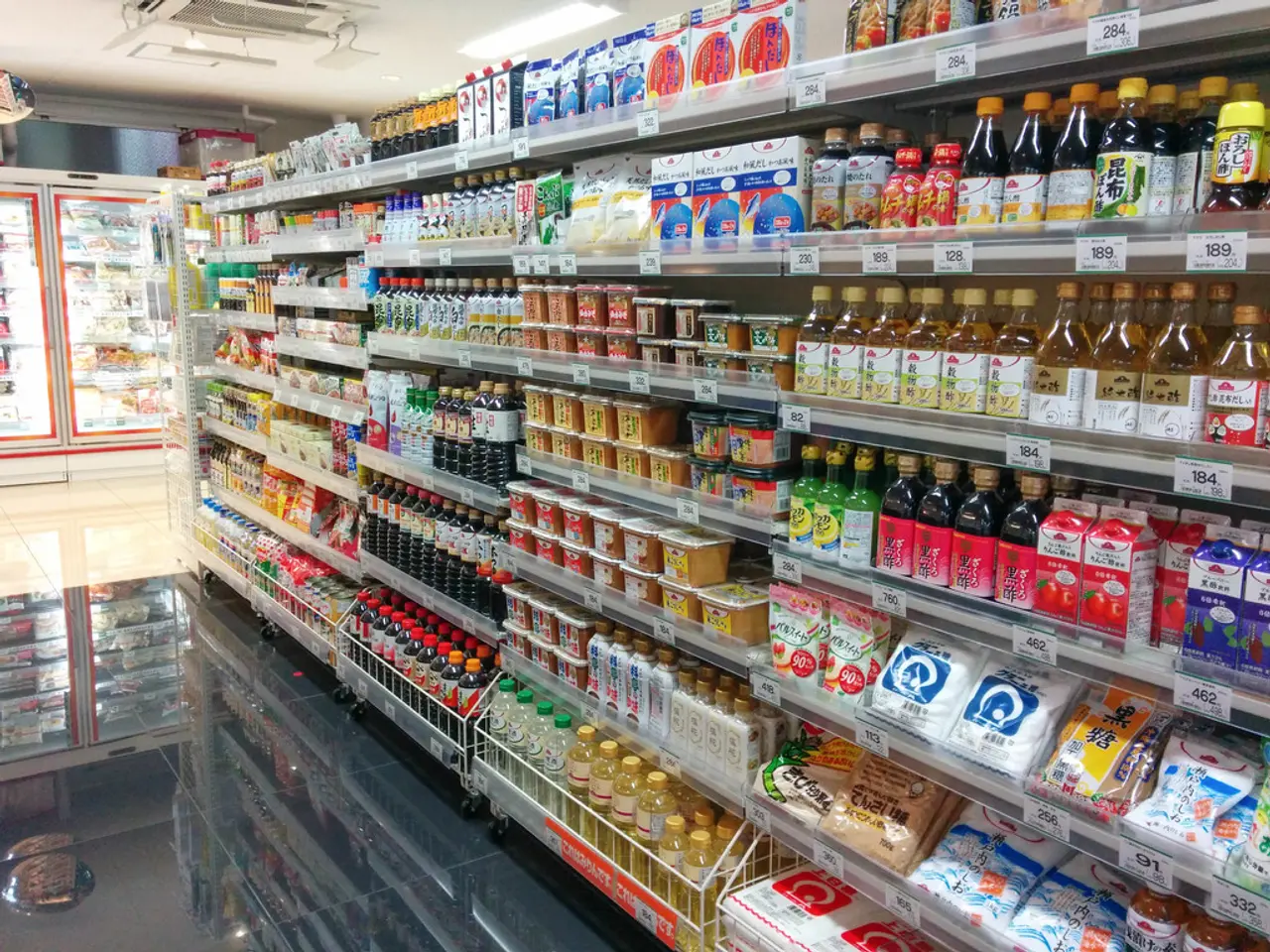NATO's Surprising Advancement Strategy Causes Stir among Global Powers
The Showdown in The Hague:
NATO's summit, scheduled for a significant defense investment, took a turn for the unexpected when Donald Trump's social media account beamed a seemingly friendly message from none other than Dutch Prime Minister Mark Rutte. The message, penned in a Trump-esque tone, showered praise on the US president, promising Europe would pay a hefty price and that Trump would achieve the impossible.
Despite the diplomatic world's reluctance to embrace such blatant flattery, Rutte stood firm as the summit approached. His newfound admiration for Trump continued the following day, giving credit to the former president for his actions on Iran and NATO.
As the event unfolded, it seemed Rutte may have managed a diplomatic triumph. Rutte, familiar with dealings with Trump, donned an easygoing demeanor, mirroring other NATO leaders who'd gotten close to Trump, such as French President Emmanuel Macron and Italian Prime Minister Giorgia Meloni.
Rutte's message, however formal, hinted at a less cordial relationship. Trump's response was characteristically cryptic: "I think he likes me. If he doesn't, I'll let you know. I'll come back and I'll hit him hard." Yet in The Hague, Rutte seemed intent on preserving Trump's ego and diffusing any potential tensions.
Throughout the summit, Rutte smoothed Trump's path, soothing any ruffled feathers and calming the storm after a heated "f**k" between Iran and Israel sent headlines ablaze. His playful comment on Trump's strong language, likening him to a parent to warring children, brought laughter among world leaders.
Praising Trump's intervention in Iran, Rutte defended Trump's claims that the US strikes "obliterated" parts of Iran's nuclear program despite dissenting opinions in leaked government assessments. Amid accusations of favoritism, Rutte maintained a steadfast alliance with the US.
Torrey Taussig, a senior fellow at the Atlantic Council and a former NATO policy adviser at the Pentagon, remarked, "In diplomacy, personal relationships go a long way with this administration." With the summit's success hinging on the management of Trump's ego, Rutte appeared to have pulled off a diplomatic masterstroke.
Yet, the summit was Trump-centric, from the condensed schedule to the watered-down agenda focusing mainly on defense spending commitments. Ironically, Trump's agenda-setting had ironically tightened NATO's focus, even if it curbed the alliance's ambitions. Even Ukraine's tense relationship with Russia, a pressing issue on NATO's plate, was absent from the summit's final declaration, the first time in years.
Trump's influence extended to the summit's crowning achievement—the promise for NATO members to reach 5% of GDP for defense spending—a previously unheard-of target during his tenure. This feat confirmed Rutte's, and by extension NATO's, calculation that Trump's approval was paramount for the alliance's success.
SPAIN'S STANDOFF
Spain, notably, objected to the 5% GDP spend, leading to fraught exchanges with Trump. Angered by Spain's foot-dragging, Trump threatened to use trade talks to force Madrid into compliance. Even Ukrainian President Volodymyr Zelensky, who's had a tumultuous relationship with Trump, came away with wins, escaping without further US aid commitments but gaining a step forward in promised Patriot missile system deliveries from the States.
In the end, Trump seemed to appreciate the summit, acknowledging the loyalty of NATO leaders. "These people really love their countries," he reflected, "It's not a rip-off, and we're here to help them protect their country." A change of heart for the famously transactional president, it seems Rutte may have had the last laugh in the end.
- The world of finance closely monitored the NATO summit in The Hague, as it was expected to result in significant defense investments, with Europe's leadership playing a crucial role in the negotiations.
- Business news outlets reported on the surprising dynamic between Donald Trump and Dutch Prime Minister Mark Rutte, noticed during the summit, with Rutte's attentive handling of Trump's egocentric behavior potentially impacting European-US business relations.
- In the realm of general news and politics, the success of the NATO summit in achieving consensus on defense spending commitments was attributed partly to Rutte's diplomatic maneuvering and his understanding of Trump's unique leadership style, stirring conversations about future implications for international relations.




